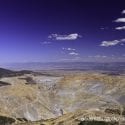
After matching everyday products to their natural sources, students “mine” chocolate chip cookies to discover the impacts...
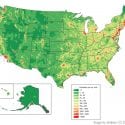
Students demonstrate the effects of crowding in a “jumping jack” activity, discuss the pros and cons of...

Students experience the changing pace of population growth by actively simulating the Earth’s population growth over a...
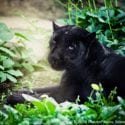
Students act as panthers hunting for food in a model habitat to learn about carrying capacity and...
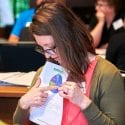
Students interpret various forms of data (graphic, written, and visual) and identify relationships between factors of climate...
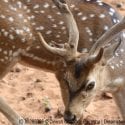
Students graph and interpret growth curves for six mystery species and humans. (Distance learning tool available below!)...
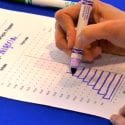
Students use real-world data to construct and interpret population pyramids and discuss differences in population growth rates...
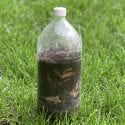
Students complete a lab activity to observe how organic and inorganic waste decomposes over time in a...
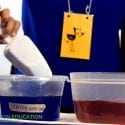
In a short demonstration using water and measuring cups, students observe how populations grow when the birth...
PopEd Impact
campuses
"The activities not only bring out important content, but they also provide real-world context for environmental, population and sustainability issues. They engage participants in very thought-provoking and critical-thinking discussions.”
Helen de la Maza, Environmental Educator, Irvine, CA

